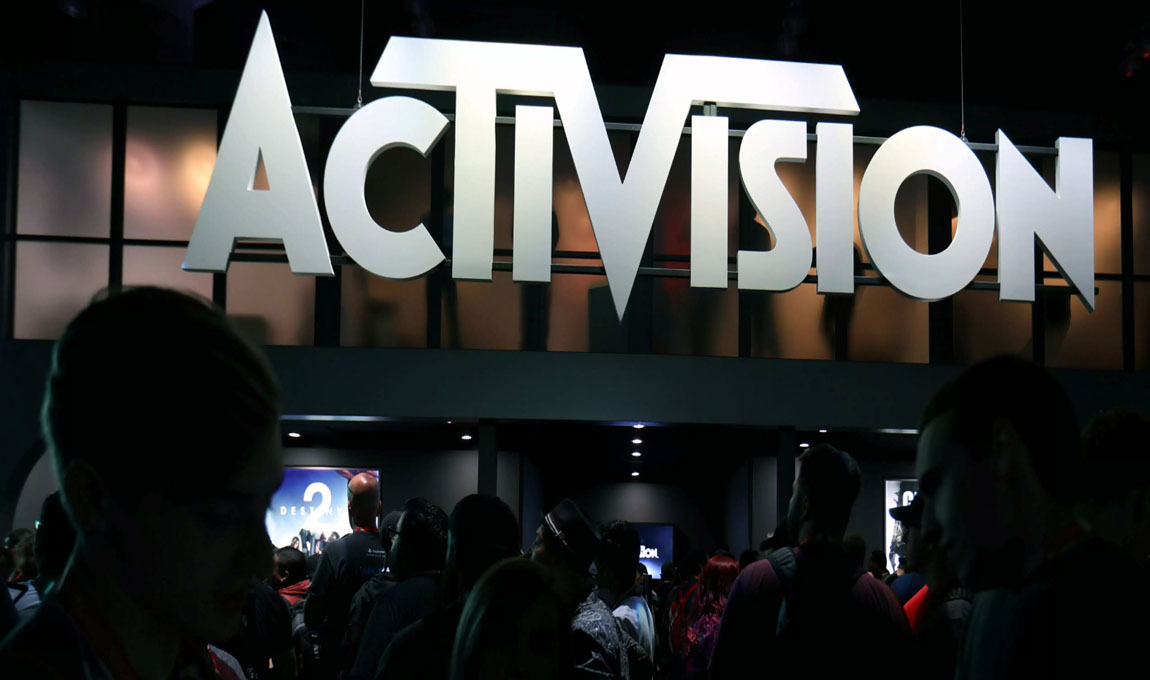Activision Blizzard Antitrust Lawsuit: Allegations of Suppressing Esports Wages.
On Monday, US Justice Department filed a civil lawsuit against Activision Blizzard for alleged antitrust violations in connection with its esports business. The lawsuit claims that the rules imposed by Activision Blizzard have limited competition for players in its Overwatch and Call of Duty professional esports leagues, and suppressed player wages.
Activision Blizzard is a leading video game publisher best known for popular franchises like Call of Duty and World of Warcraft. The company has recently expanded into the rapidly growing esports industry, launching professional leagues for some of its most popular games. Esports has become an increasingly lucrative business, with millions of viewers and large prize pools. Concerns have arisen as the industry has grown about the treatment of players and the potential for anticompetitive behavior.
According to the lawsuit filed by the US Justice Department, Activision Blizzard implemented a “competitive balance tax” that was designed to penalize teams if player compensation exceeded a threshold set by the game maker. This tax allegedly limited competition for players and suppressed player wages. The complaint also alleges that the independently-owned teams in Activision Blizzard’s esports leagues colluded to avoid hiring each other’s players, further limiting competition and driving down wages.
Activision Blizzard Responds
Activision Blizzard has denied the allegations, stating that the Competitive Balance Tax was designed to promote competition and was never enforced. The company has also emphasized its commitment to fair pay and benefits for players. A company spokesperson told Reuters in a statement:
“Activision Blizzard Esports is committed to being a leader in the esports industry and creating opportunities for players to earn fair pay and benefits. When we launched The Overwatch and Call of Duty Leagues, we wanted to create viable career opportunities for the players requiring minimum salaries and mandatory benefits as part of player contracts. As a league, we also wanted our products to be competitive, so we carefully designed and implemented the Competitive Balance Tax.
“We have always believed, and still believe, that the Competitive Balance Tax was lawful, and it did not have an adverse impact on player salaries. The tax was never levied, and the leagues voluntarily dropped it from our rules in 2021. We remain committed to a player ecosystem with fair pay and healthcare and continue to have the least restrictive player mobility compensation system across all of the major sports leagues.”
Antitrust Concerns
The allegations against Activision Blizzard are the latest in a series of antitrust concerns related to the technology industry. The United States Justice Department has been actively pursuing antitrust cases against big tech companies such as Google and Facebook. In December, the US Federal Trade Commission announced that it was suing in a bid to block Microsoft’s proposed $69 billion acquisition of Activision Blizzard over antitrust concerns.
Settlement Reached
According to recent reports, Activision Blizzard has reached an agreement with the US Justice Department regarding its esports antitrust lawsuit. Upon court approval, the proposed consent decree would prohibit Activision from imposing rules that would limit player compensation or penalize teams for paying players more than a certain amount in wages.
The allegations against Activision Blizzard highlight the growing concern about the treatment of esports players and the possibility of anticompetitive behavior. The agreement reached by Activision Blizzard and the US Justice Department could have far-reaching implications for the future of esports and the treatment of players. It will be crucial to make sure that players are treated fairly and that anticompetitive practices do not restrict competition as the industry expands.
